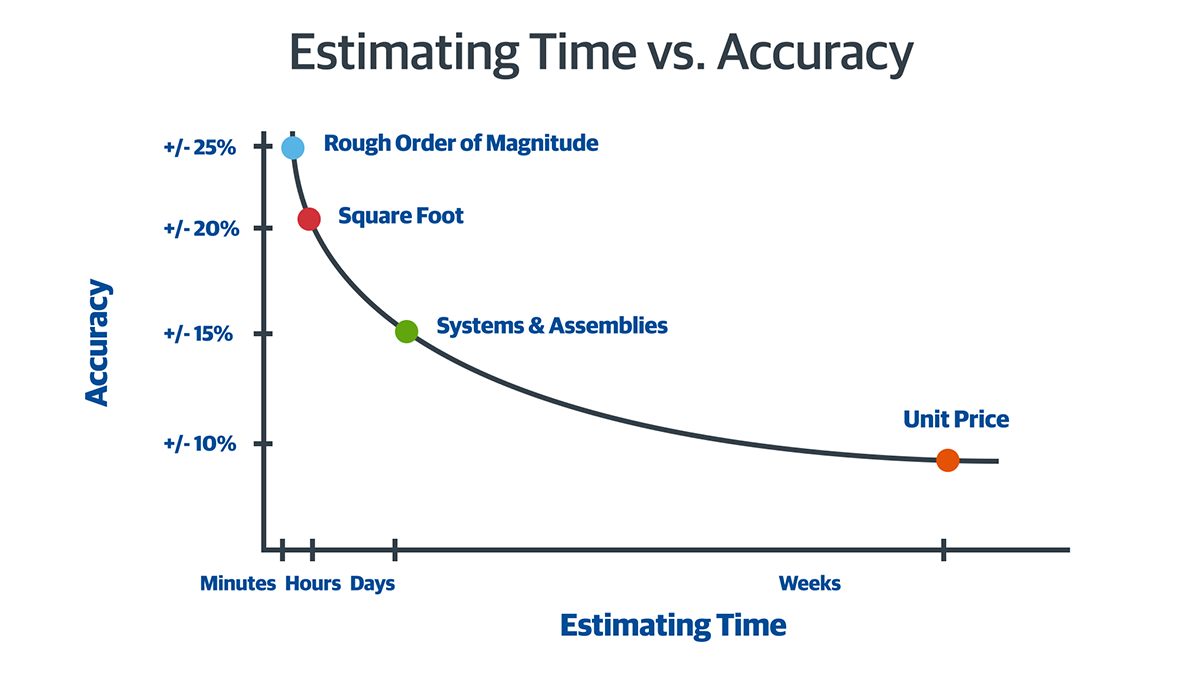Writing a research paper or academic article takes a great deal of effort, but turning that scholarly work into a blog can make your research accessible to a wider audience. Unlike research papers, blogs engage readers with simple language and concise ideas. If you’re looking to transform your academic writing into something more approachable and digestible, this guide will walk you through the process. Moreover, if you need assistance with academic writing, services like Research Paper Writing Help Online with BookMyEssay can provide valuable guidance.
Why Turn a Research Paper into a Blog?
Research papers serve a specific audience—academics, researchers, and professionals. Blogs, on the other hand, are tailored to the general public. By transforming your research into a blog, you:
- Reach a broader audience: A blog can introduce complex ideas in a way that resonates with people outside academia.
- Increase engagement: Blogs are easily shareable on social media platforms, increasing visibility and discussion around your topic.
- Simplify complex ideas: A blog format allows you to break down your research into simpler, digestible pieces for a general audience.
- Showcase your expertise: Blogs act as a platform to highlight your expertise and passion for a subject, building credibility.
Now that we understand why you might want to turn your research paper into a blog, let’s explore how to do it effectively.
1. Identify the Core Message
The first step is to identify the main theme or argument of your research paper. What is the single most important takeaway from your paper? Blogs should have a clear focus, so distill your research into one central message or idea. If you have multiple points, consider writing a series of blog posts.
For example, if you wrote a research paper on the environmental impact of plastic waste, your core message could be: “Plastic pollution poses a significant threat to marine life, and there are actionable steps individuals can take to reduce their plastic usage.”
2. Simplify the Language
Research papers are often filled with technical jargon, which can be intimidating for general readers. When transforming your paper into a blog, simplify your language. This doesn’t mean dumbing down your content, but rather using plain language to make your ideas accessible.
Consider these strategies:
- Replace technical terms with everyday words.
- Use analogies and metaphors to explain complex concepts.
- Keep sentences short and to the point.
If simplifying language is challenging, you can get assistance from professional services like English Assignment Help and Research Paper Writing Help Online. These experts can guide you in translating your scholarly work into engaging blog content.
3. Break Up Content for Readability
Blogs need to be visually appealing and easy to read. A long block of text will discourage readers from engaging with your content. Break up your blog into sections with clear subheadings, bullet points, and short paragraphs. This structure improves readability and makes it easier for readers to follow along.
Use subheadings like:
- Introduction
- Key Findings
- Practical Applications
- Conclusion or Takeaway
You should also include visuals, such as images, infographics, or graphs from your research, to enhance understanding. A well-structured blog with visual elements can make complex ideas more approachable.
4. Tell a Story
While research papers are factual and data-driven, blogs benefit from a storytelling approach. Frame your research in a way that hooks readers emotionally or intellectually. Start with a compelling introduction that poses a problem, tells a story, or presents a surprising fact.
For example, if your research focuses on climate change, you could start by describing a real-life scenario where environmental changes have directly impacted a community. This engages readers on a personal level, making your research more relatable.
5. Focus on Practical Applications
Research papers often deal with theory, while blog readers are more interested in practical applications. When writing your blog, focus on how the insights from your research can be applied in real life. Answer the question: “Why should the reader care?”
For instance, if your research explores time management in the workplace, offer practical tips readers can implement to manage their time better. This makes your blog more valuable to the audience.
6. Use SEO Best Practices
Blogs thrive on search engines, so incorporating SEO (Search Engine Optimization) best practices is key to making your blog discoverable. Include keywords related to your topic naturally throughout the post. For example, if your blog is based on a research paper about digital marketing strategies, ensure that keywords like “digital marketing,” “SEO,” and “online marketing” are used.
Additionally, if you’re offering services or highlighting academic help platforms, you can weave in keywords like Research Paper Writing Help Online, Research Proposal Writing Help, Research Paper Writing Service Assignment Help, and English Assignment Help.
7. End with a Strong Conclusion or Call to Action
Just as research papers have a conclusion, so should your blog. However, in blogs, conclusions are often accompanied by a call to action (CTA). Encourage readers to take the next step, whether that’s commenting on your blog, sharing it on social media, or exploring additional resources.
For example, if your blog discusses environmental issues, your CTA could ask readers to pledge to reduce their plastic use or share the blog to raise awareness.
8. Edit and Proofread
Even though blogs are more informal than research papers, they still need to be professional. Proofread your blog for grammar, clarity, and flow. Ensure that the transitions between sections are smooth and that the overall narrative is coherent.
If you’re unsure about your editing skills, services like English Assignment Help can provide expert assistance to ensure your blog is polished and ready for publication.
Conclusion
Transforming a research paper into a blog allows you to reach a broader audience while maintaining the essence of your work. By focusing on a clear message, simplifying language, and structuring the blog for readability, you can turn complex research into something engaging and accessible. If you need help with writing or refining your research, platforms like Research Paper Writing Help Online, Research Proposal Writing Help, and Research Paper Writing Service Assignment Help from BookMyEssay can guide you through the process.
By following these steps, your research can evolve from an academic paper into a compelling blog that educates and engages readers across the globe.















Leave a Reply